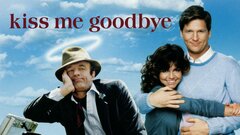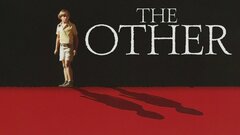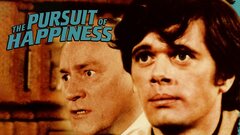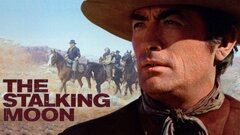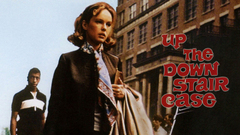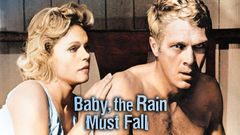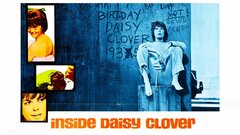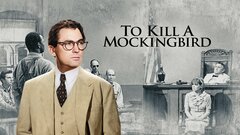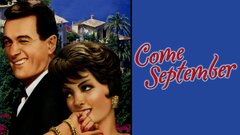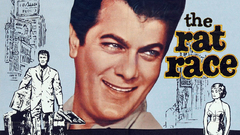Critically-neglected for his lack of a consistent, visual style in an era that prizes an auteur's distinctive stamp, Robert Mulligan allowed his stories to dictate their look, so there is nothing about the black-and-white measured pictorialism of arguably his greatest film, "To Kill a Mockingbird" (1962), that would indicate he was the same man responsible for "Summer of '42" (1971), its pastel prettiness evoking the nostalgia of memory.
The former divinity student started as a messenger at CBS and rose through the ranks, establishing himself during the 1950s helming fare for that network's "Playhouse 90," "Suspense" and "TV Playhouse," among other series. Noted for his deft handling of actors, Mulligan graduated to features with "Fear Strikes Out" (1957), an absorbing account of the personal problems which led baseball star Jim Piersall (Anthony Perkins) to a nervous breakdown. Before directing another film, he would helm two highly-acclaimed TV projects, "Member of the Wedding" (CBS, 1958) and "The Moon and Sixpence" (NBC, 1959), winning an Emmy for the latter.
Mulligan is not a director without through lines in his work. Beginning with Piersall, outsiders have fascinated him, and he has returned to that theme again and again: the enlightened attorney (Academy Award-winning Gregory Peck) at odds with the bigoted community of "Mockingbird"; the ex-convict (Steve McQueen) in "Baby the Rain Must Fall" (1965), trying to adjust to life outside the penitentiary; the real-life character of Ferdinand Demara (Tony Curtis) in "The Great Impostor" (1960), gaining entrance to normally off-limit situations through his skillful impersonations. Then there is his extraordinary insight into the world of the child or adolescent.
Who can forget Scout, the little girl through whose eyes the audience sees her small town's racism in "Mockingbird"? He has given us the lost and jaded students of "Up the Down Staircase" (1967), the pubescent boys who learn about sex and morality in "Summer of '42," the irrevocably evil child of "The Other" (1972) and the tomboy coming of age in "The Man in the Moon" (1991).
His collaboration with producer Alan J Pakula yielded some of his best work, particularly the enduring "Mockingbird," which continues to please audiences whether they are viewing it for the first or fifth time. After their partnership ended, Mulligan proved himself with such other successes as "Summer of '42" and "The Other," a gothic chiller adapted from the novel by Tom Tryon, but missed with much of his later work like "Kiss Me Goodbye" (1982), a reworking of the Brazilian film "Dona Flor and Her Two Husbands," and "Clara's Heart" (1988), which explored the relationship between a Jamaican nanny (Whoopi Goldberg) and her young, impressionable charge (Neil Patrick Harris).
He rebounded with his last feature (to date), "The Man in the Moon," an old-fashioned weepie set in the rural Louisiana of 1957, featuring newcomer Reese Witherspoon as a 14-year-old in love with an older boy, who in turn prefers her college-bound sister. Mulligan showed he had not lost his touch for drawing compelling performances from adolescent actors.


